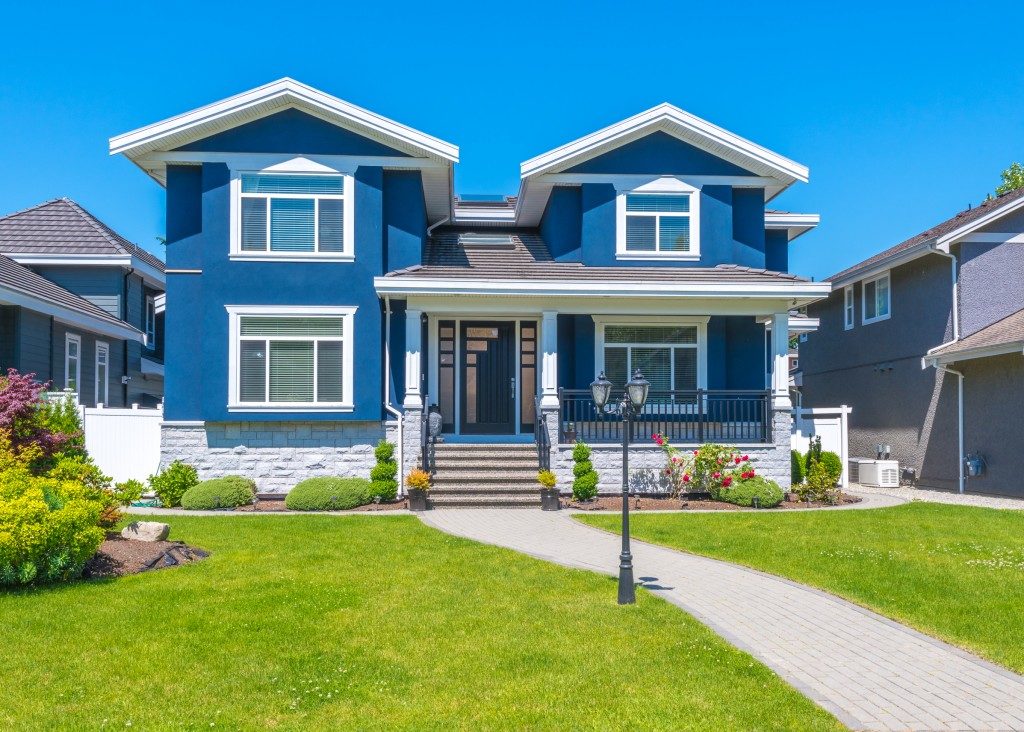In the quest to build your dream home, you’ll first look for the best vacant land in a good location. Buying land can be challenging, since you must consider different land and home values, assess the neighbourhood, have it inspected by a professional—basically, you must do pretty much the same things you’d do when buying a house and land package.
That said, if this is your first time to buy land, you need to be guided well before starting. It may be exciting to go out now and pick the best parcel in your dream city; but, without sufficient knowledge of land prices and deals, you may wind up wasting money and having only a little left for your dream house.
Here are some tips to help you find and invest in the best land:
1. Hire a Realtor
A realtor or a real estate agent doesn’t just come in handy when buying a house. There are agents who specialise in buying and selling land; they find the ideal vacant property for you, ensure that it is priced within your budget and meets your standards. For example, if your requirements are for land in a suburban area, with a size of at least 300 sqm and is in a peaceful and safe environment near the central business district, then your realtor might recommend a parcel of land for sale in the Geelong area or other suburban locations in the Victoria region.
Having an agent also helps you with securing a loan, should you need one. They are experts in various financing types for land purchases; so, with their assistance, you can secure a loan and start your purchase more quickly.

2. Stretch Your Budget
Your budget may seem enough to buy land and to, eventually, build a house on it. But, once you start building your dream home, expect to go over your budget on numerous occasions. There are typically a handful of hidden costs in construction, such as electrical and gas fixtures, internet and cable connections, landscaping and other additional structural and aesthetic aspects. These are known as finishing costs, and they can add up to 15% – 20% on top of your planned budget. Moreover, you will also need to set aside a budget for miscellaneous, unplanned expenses—and there will be those, as well.
As such, you should look for ways to reduce overspending. Work with your builder to determine the best value for money fixtures, fittings and other structural elements. It’s also advisable to choose a parcel of land that won’t require too much work, in first place. For instance, land that is on a ridge is more difficult to build on; land that is loaded with debris will require clearing, which can be costly to haul and which may delay the beginning of construction.
3. Investigate Restrictions
Find out if your chosen location has a minimum (or maximum) size of land area that buyers can own, or what permits are required before having a house built. There might also be policies on the house’s size, height and the construction materials you use, as well as the overall aesthetic of the façade. Do your research or find out from your agent how restrictions will affect your dream home project.
With these tips in mind, the process of land-buying and home-building will be less overwhelming for you, allowing you to be at your best mindset as you design your dream home and watch it get closer to completion, day by day.

